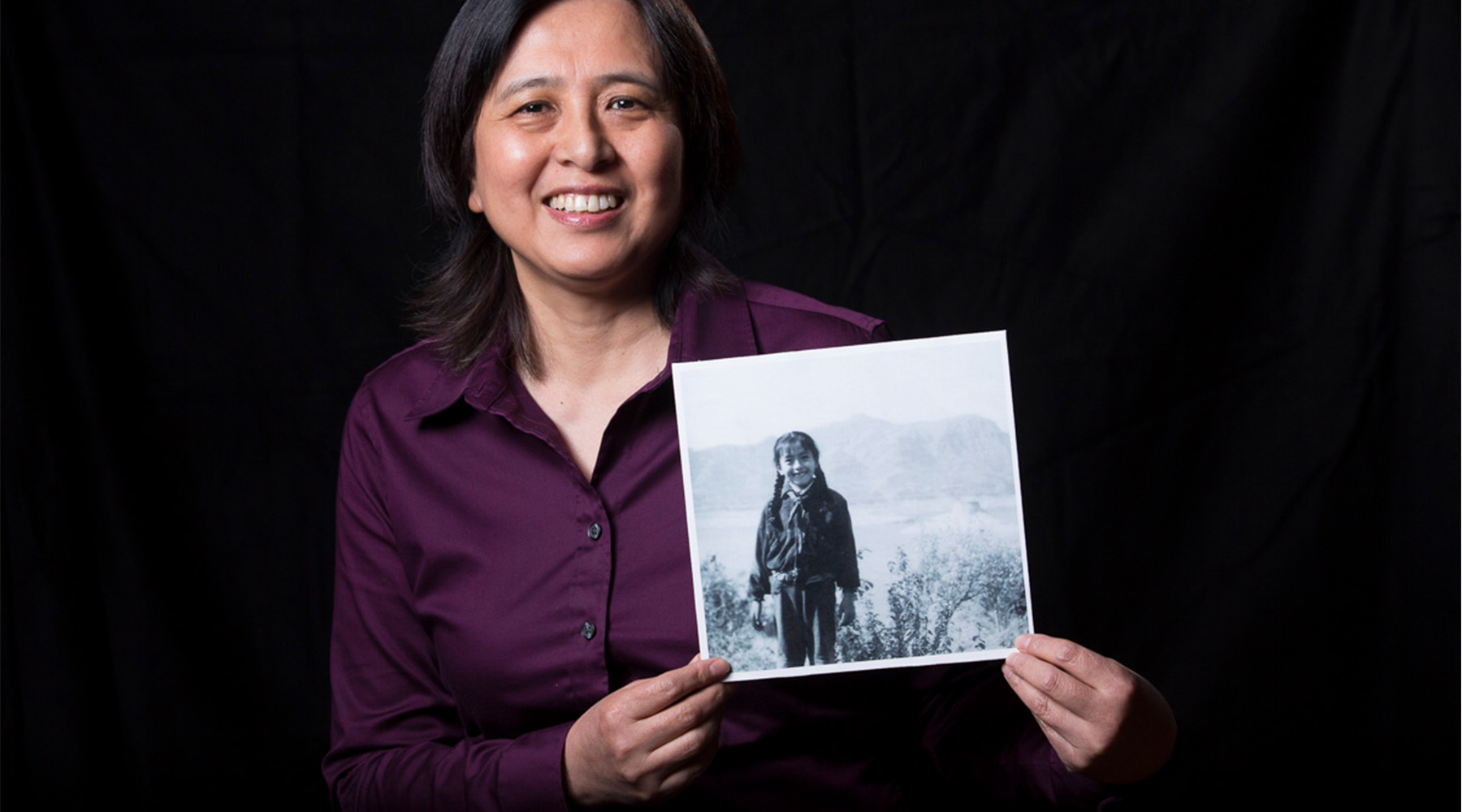As a child growing up during China’s Cultural Revolution, Xiao-Hong Sun’s world turned upside down when the government sent her parents to the countryside to work the land. Meanwhile, young Xiao-Hong was forced to stay behind with her grandmother in Beijing. Following high school, the government assigned her a job as a laboratory technician. But Sun continued to educate herself, slipping quietly into the back of college classrooms, soaking up knowledge like a sponge. She scored so well on an entrance exam for a China-U.S. exchange program that she entered graduate school at Cornell University in Ithaca, N.Y., never having officially enrolled in college as an undergraduate. Thirty years later, she holds the Lew and Myra Ward Chair in Biomedical Research at OMRF and studies the role of Notch, a protein important to the development of cancer.
- I was separated from my parents for more than a decade. The government thought sending scholars like them (they were both physicians and professors) to work in rural areas would “reform” them.
- My childhood was so different from an American childhood. I had no control over my future. It was like living during a war but without guns. Life was on hold.
- In third grade, we would have three or four hours of school in the morning and then go to the fields to work. We walked behind the wheat harvesters, picking up the leftovers.
- When I first came to the U.S., another student and I arrived at the airport in the middle of the night—and in the wrong town. An airport worker was kind enough to drive us to Ithaca.
- Once I began at Cornell, I realized that if I couldn’t do science, why bother to live? I learned quickly that the lab is where I’m happiest.
- My mother still lives in Beijing. I try to visit her as often as I can.
- My father died just after I finished high school. I think he would be very happy to see where I am today. He would be very proud.



